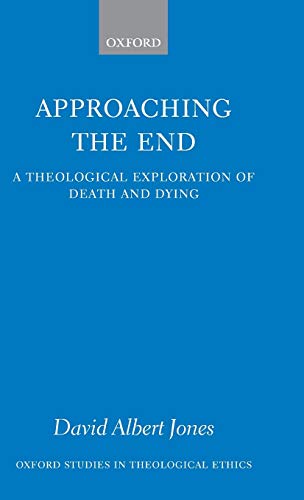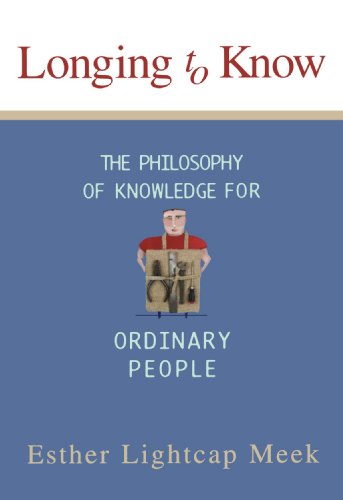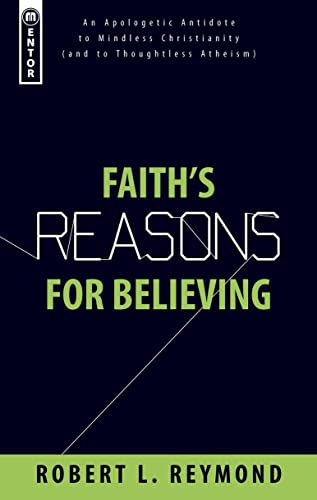David Turner has been authoring articles on Matthew with some frequency for nearly two decades, and this excellent commentary shows the great benefit derived from decades of familiarity with primary and secondary literature.
Perhaps more so than most commentaries, the author’s theological convictions are worth noting, as they reflect recent shifts in American Evangelicalism and on occasion come to bear on the commentary in important ways. Turner writes from the so-called ‘progressive dispensational’ perspective. Matthew was a favorite fount for older dispensationalism, and almost all of his interaction with previous dispensational interpreters challenges their previous exegetical tenants. He cites and discards such dispensational staples as a ‘future-only’ interpretation of Matthew 24–25 and a strong conceptual distinction between kingdom of God and kingdom of heaven. He acknowledges that for Matthew the church consists of Jews and Gentiles (pp. 516–18) and takes the Sermon on the Mount as normative for Christian ethics rather than only for first-century Jews or for the post-rapture period. Turner rejects traditional dispensational approaches to Matthew 25:31–46 and appreciates the present reality of the kingdom along the lines of already/not yet eschatology (p. 43), though I am not aware of any amillennialists who ‘tend to think of the kingdom as the present rule of Christ’ more or less exclusive to a future component of that rule.
In this reviewer’s opinion, the results of such a shift away from classic dispensationalism are salutary from an exegetical standpoint and greatly encouraging with respect to the future of evangelicalism. One hopes that such a volume can aid in moving Christian scholarship, congregations, and institutions beyond certain ecclesial and eschatological divides of previous generations.
The bibliography is not comprehensive (works omitted include published dissertations by J. Gibbs on the Eschatological Discourse and Themelios review editor Alistair I. Wilson on Matthew 21–25; both might contribute to a slightly different take on Matthew 24–25), discussions of the Greek text are not always full, and Turner generally avoids source criticism and synoptic dependence. Yet this is in the end perhaps a help rather than a hindrance to the use of the text, which is far more accessible than its companion in the BECNT on Luke and many other Matthew commentaries; Turner is content to abbreviate arguments or even simply cite contradictory studies without picking page-eating exegetical fights. This reviewer has not always enjoyed the BECNT layout, but it works well in this text. In many respects the utility of Turner’s work and insights therein (especially for pastors and teachers) competes favorably with the best commentaries on Matthew. Graced with many nice quotes from other authors and Turner’s own pleasant prose, this commentary will greatly aid those engaged in the construction of preaching outlines and assembling of exegetical insights. Finally, this marvelous commentary is also all but error-free.
Jason B. Hood
Highland Theological College
Other Articles in this Issue
Though his primary concern was how to persuade people from diverse backgrounds to embrace the gospel of Jesus Christ (1 Cor 9:12, 23), Paul, nonetheless, embodies a principle common to all who would provide leadership to a community comprised of a multiplicitous collection of rigid truth claims and behaviors...
The Ethnic Enemy—No Greek or Jew . . . Barbarian, Scythian: The Gospel and Ethnic Difference
by Keith FerdinandoWhatever 'globalisation' may be, it has been accompanied by insistent and sometimes violent affirmations of ethnic identity...
Despite a small flurry of attention over the past decade, Adolf Schlatter (1852–1938), Tübingen professor of New Testament and author of more than 440 written works, remains one of the most neglected yet illuminating theological voices of the past one hundred years...
Commentators have customarily interpreted Phil 2:12 as a reference to "working out" one's personal salvation...
Salvation History, Chronology, and Crisis:1 A Problem with Inclusivist Theology of Religions, Part 1
by Adam SparksA fundamental requirement in an inclusivist understanding of the relationship between Christianity and other religions is evidence of God's salvific activity outside of any knowledge of Christ...







